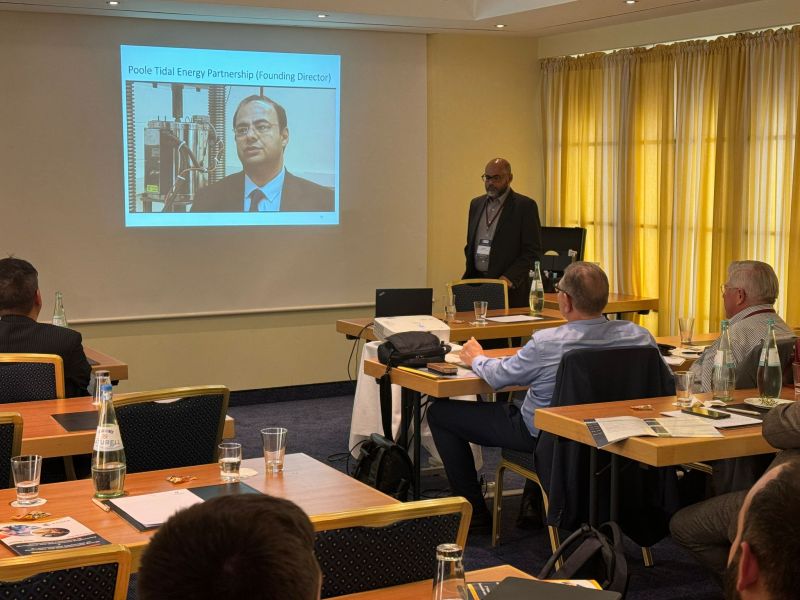
© Z Khan: Renewable and Non-Renewable Energy.
BU Professor Zulfiqar A Khan has been invited to the 12th International Conference KOD 2024, Machine and Industrial Design in Mechanical Engineering to deliver a plenary talk to disseminate and discuss, the latest work on numerical simulation and modelling in interacting machines and systems conducted in NanoCorr, Energy and Modelling (NCEM) Research Group led by Professor Khan. This talk is also aimed to provide an overview of Professor Khan’s work in terms of Nanoengineering & Energy Systems (NES®).

System and Design – © Z Khan 2024.
The overall relation of interacting systems, durability and reliability will be discussed by Professor Khan in the following invited lecture, entitled “an overview of research: numerical modelling and simulation for predictive condition monitoring,” invited by Professor Aleksandar Marinković, Head of Machine Design Department, Faculty of Mechanical Engineering University of Belgrade, and Prof. DR Vladimir Popović, Dean of Faculty of Mechanical Engineering, University of Belgrade, the Republic of Serbia. Professor Popović has extended this invitation to include Professor Khan’s meetings with Faculty Management and Chairs of Laboratories for exploring to pursue mutual interests’ initiatives and common goals in Nanoengineering & Energy Systems (NES®).

Interacting System © Z A Khan 2024.

Contact mechanics and nanomaterials – IC © Z Khan 2024.
Professor Khan will then deliver an invited lecture in Mathematical Institute of the Serbian Academy of Sciences and Arts, National Institute of the Republic of Serbia to discuss the latest developed mathematical models, Khan-Nazir I, Khan-Nazir II and Khan-Nazir III, these are BU’s ground breaking and globally leading contributions to knowledge in terms of developing impactful design solutions to aid safety, cost savings, energy efficiency and reliability applied in complex interacting and energy systems. These novel models are linked to recently awarded GB, US, PR China, Singapore, Hong Kong (notice of allowance) and EU/EPO (pending) patents in mechanistic, nanofluidics and energy systems developed at BU by NCEM team led by Professor Khan. This lecture is invited by DR Ivana Atanasovska, seminar leader and Stepa Paunović, secretary of the seminar. This lecture will be live streamed on Tuesday, 28 May 2024, you are invited to join.

Interacting System 2 © Z Khan 2024.
This will be followed by invited meetings with key researchers and academics in the Institute of General and Physical Chemistry, Studentski try 12/V, Belgrade to explore collaborative initiatives in Clean Energy Systems.
If you are interested in any of the above topics, events and would like to know more then please get in touch through this link.

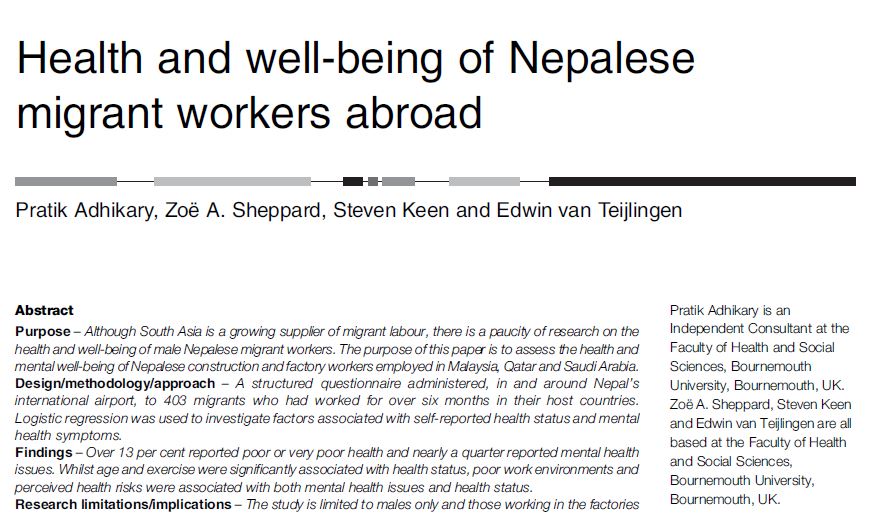

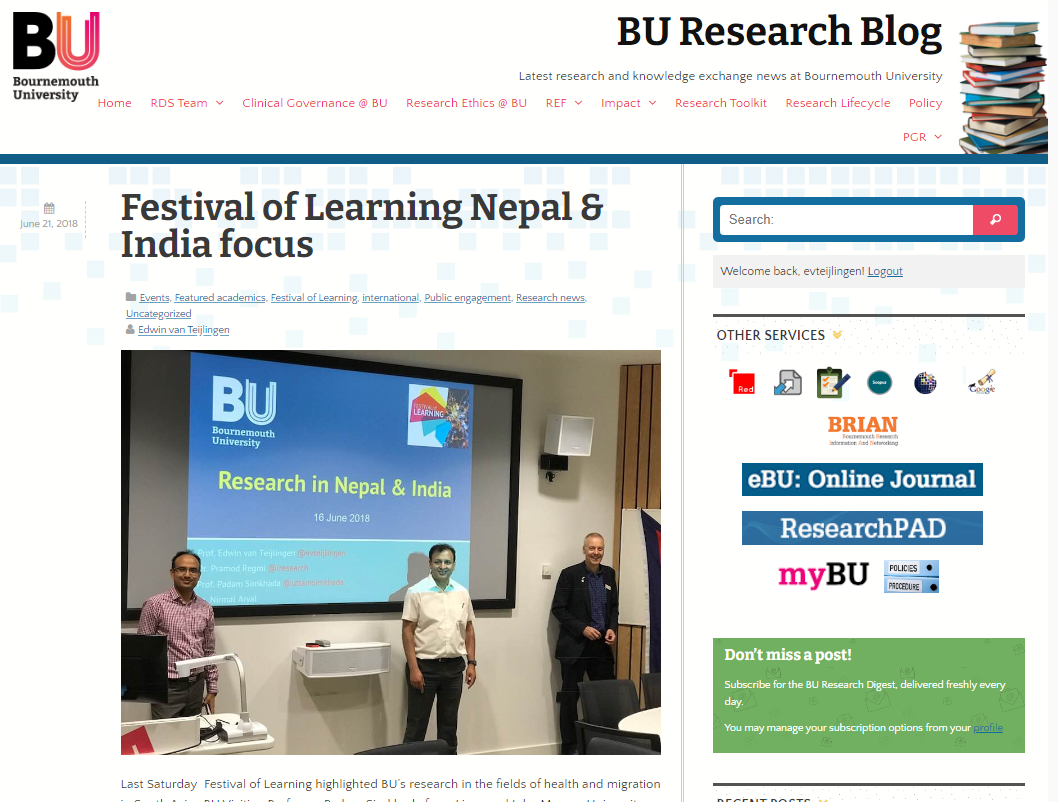
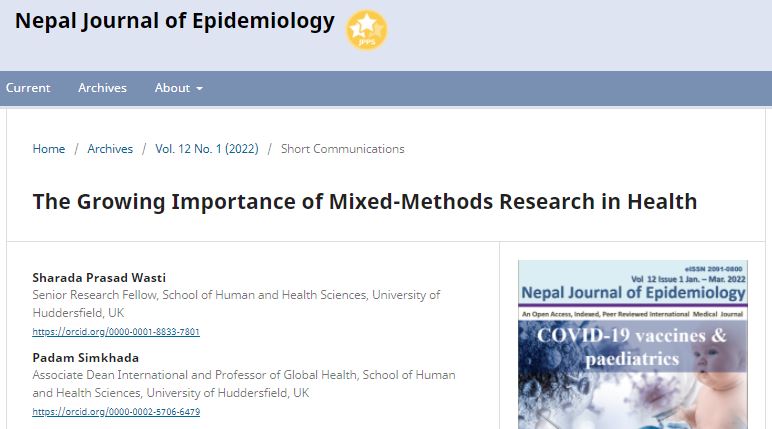

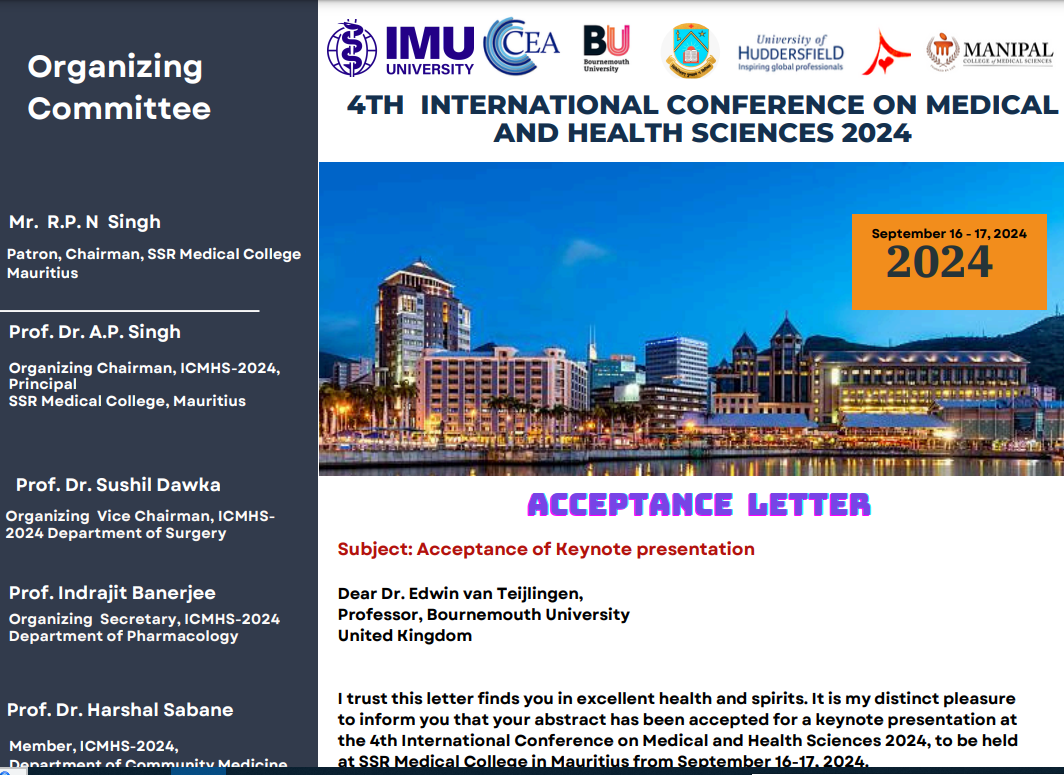
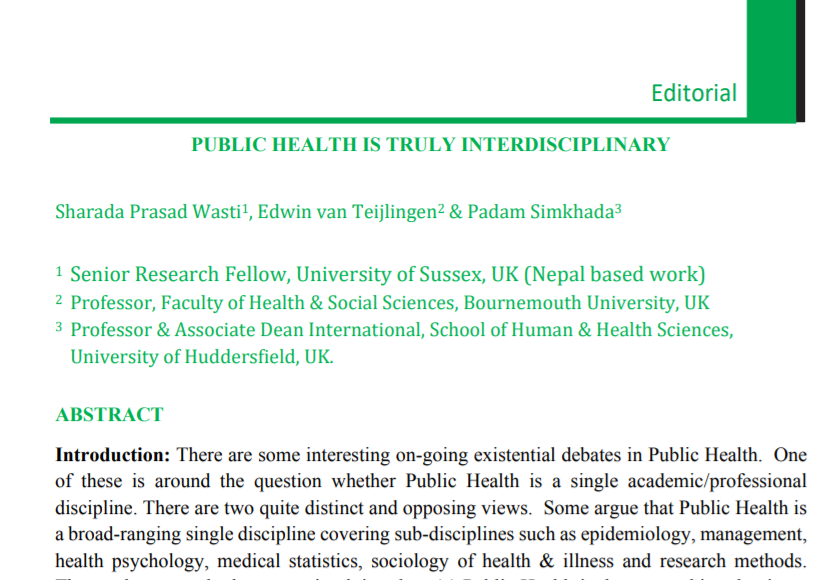







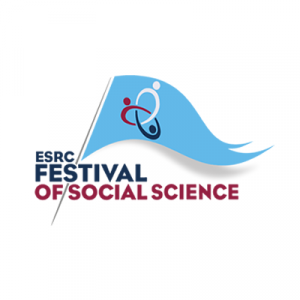 About the Festival of Social Science
About the Festival of Social Science




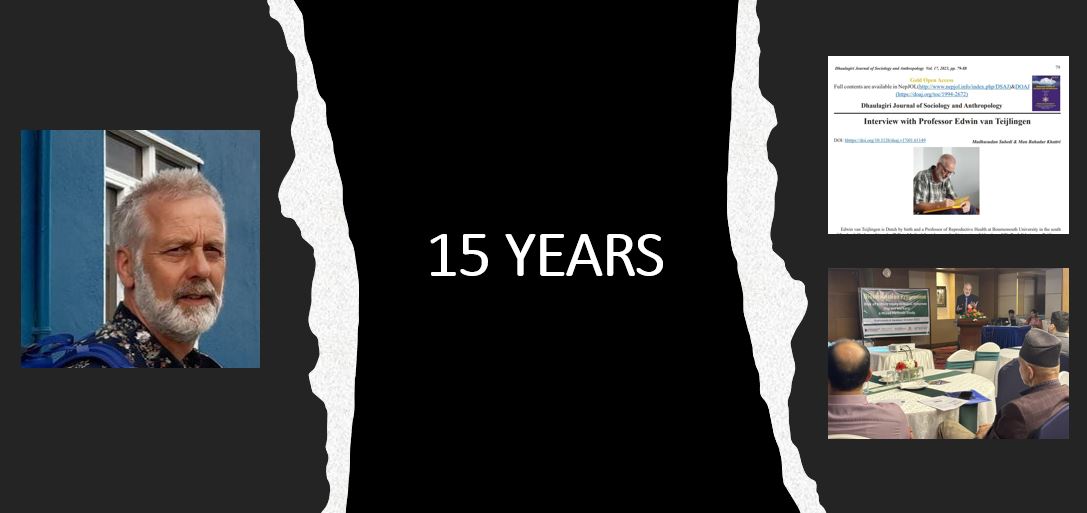
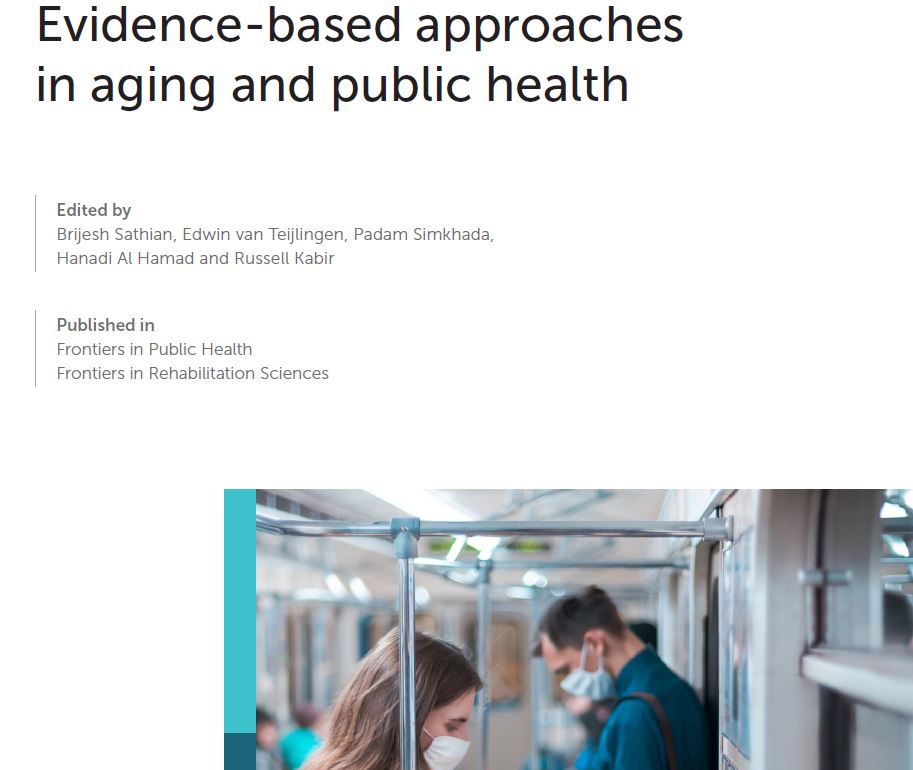

 There are many dangers faced by societies, communities, and households today – whether that is accidents in the home, flooding, other extreme weather events, medical emergencies such as pandemics, and even terrorism.
There are many dangers faced by societies, communities, and households today – whether that is accidents in the home, flooding, other extreme weather events, medical emergencies such as pandemics, and even terrorism.
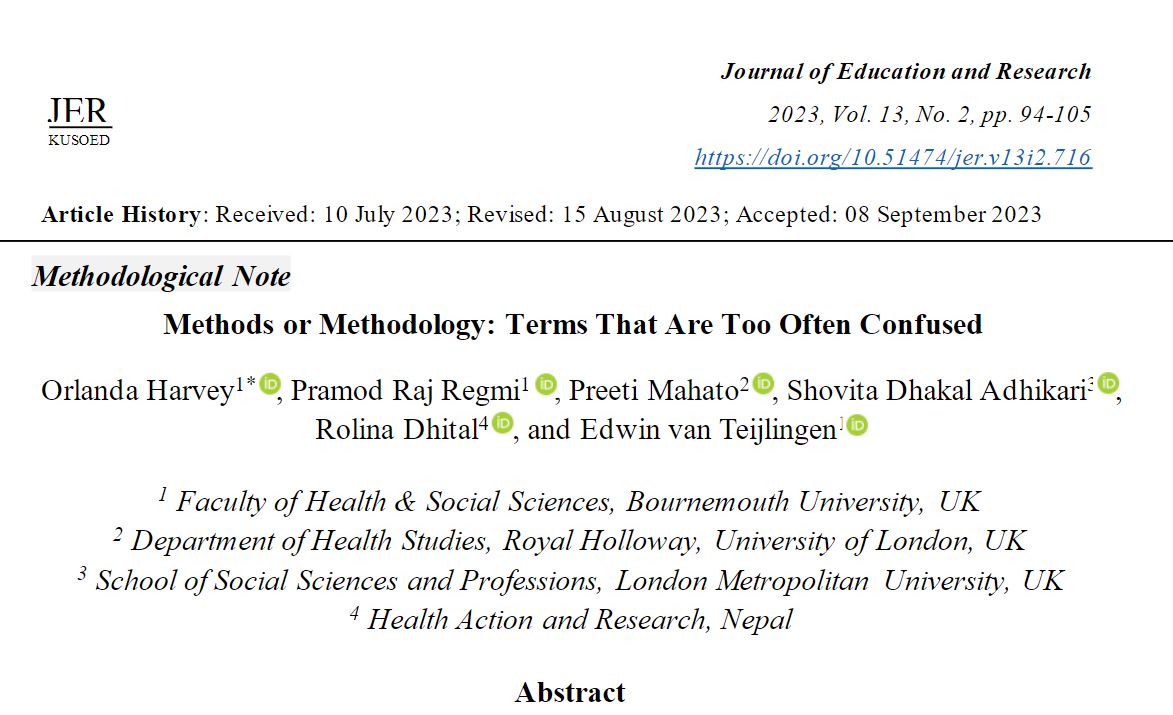
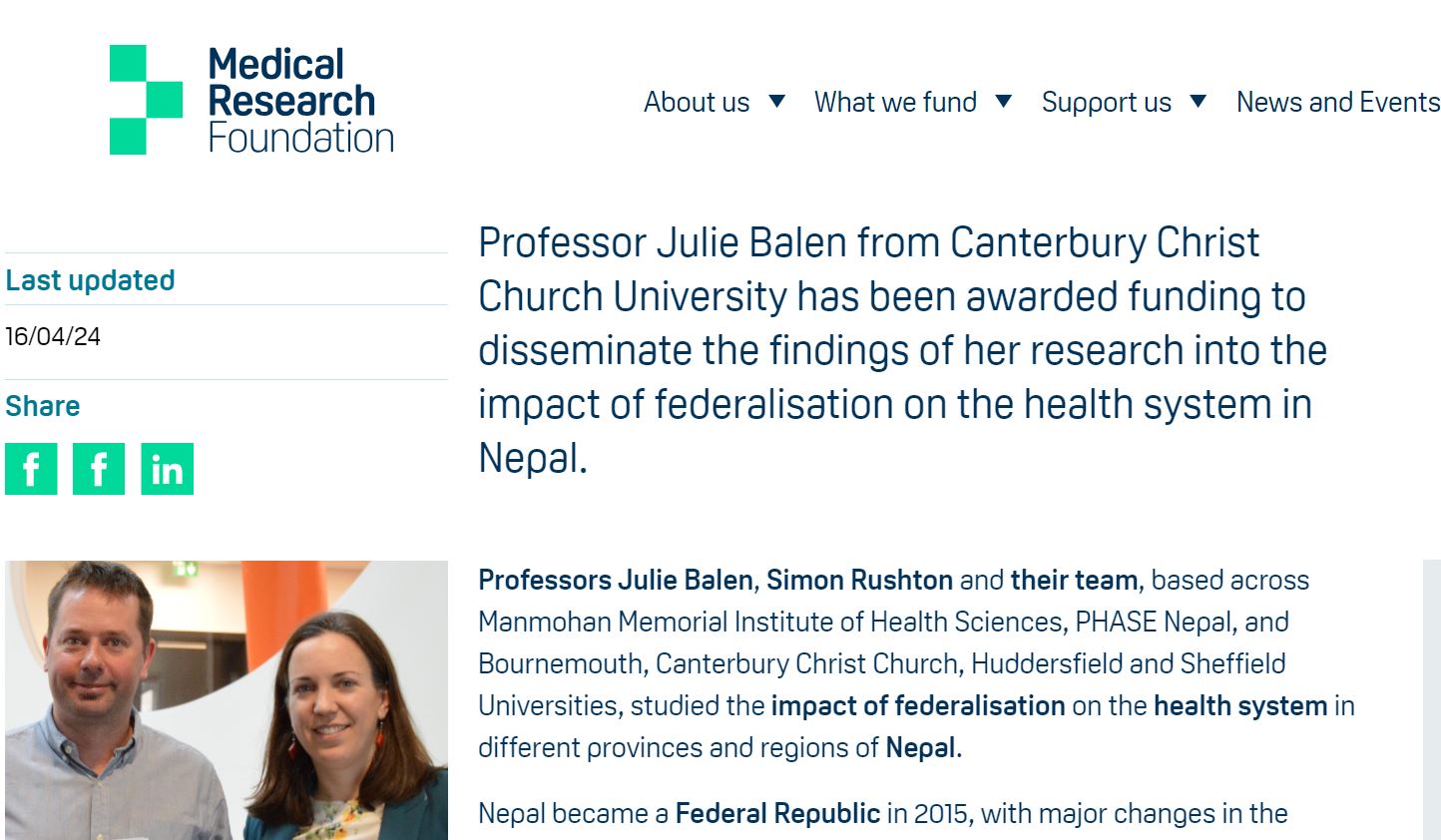
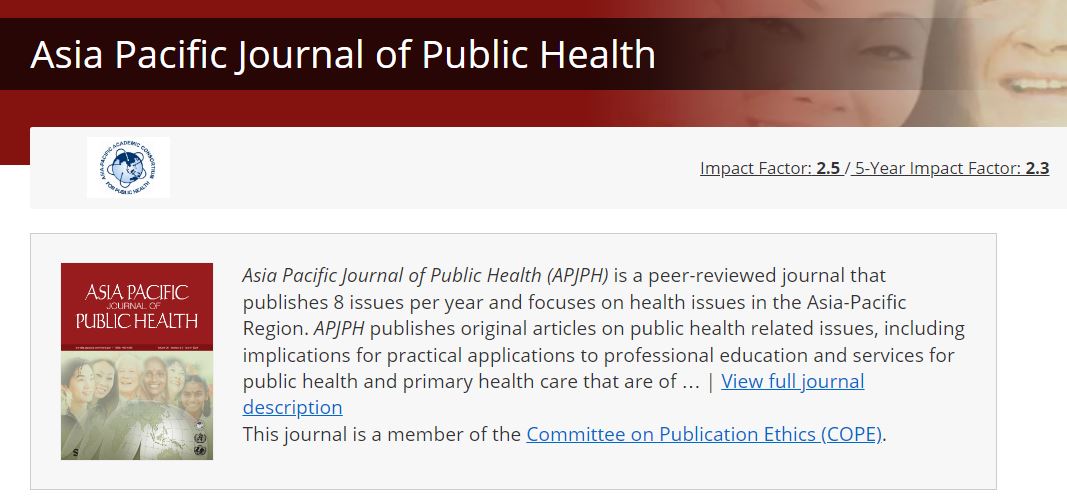

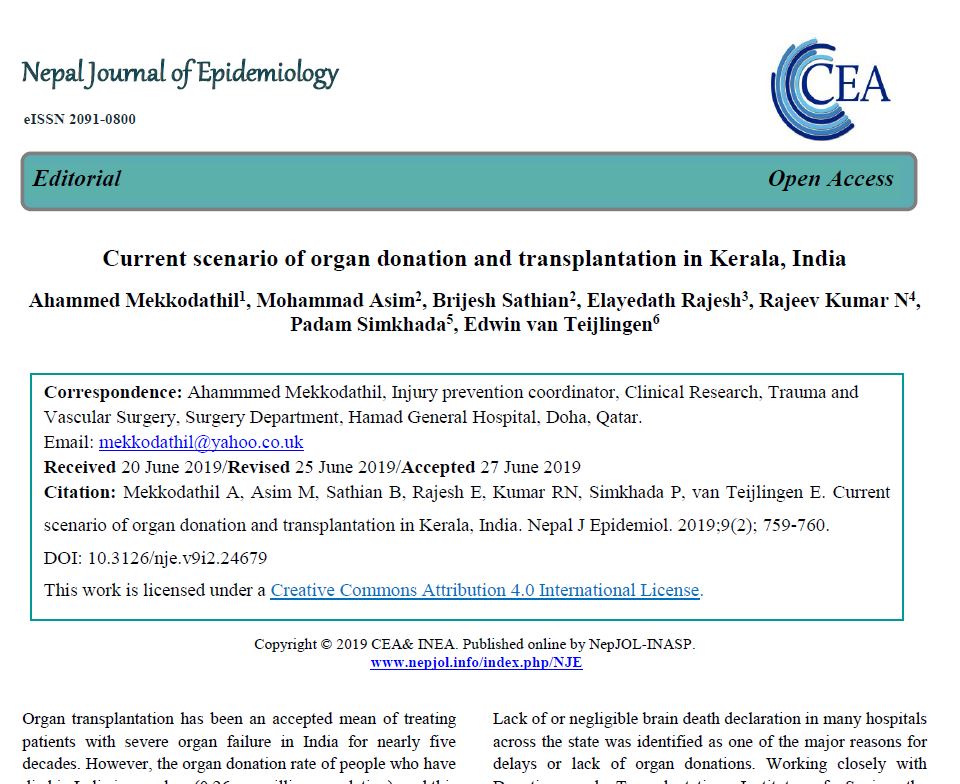
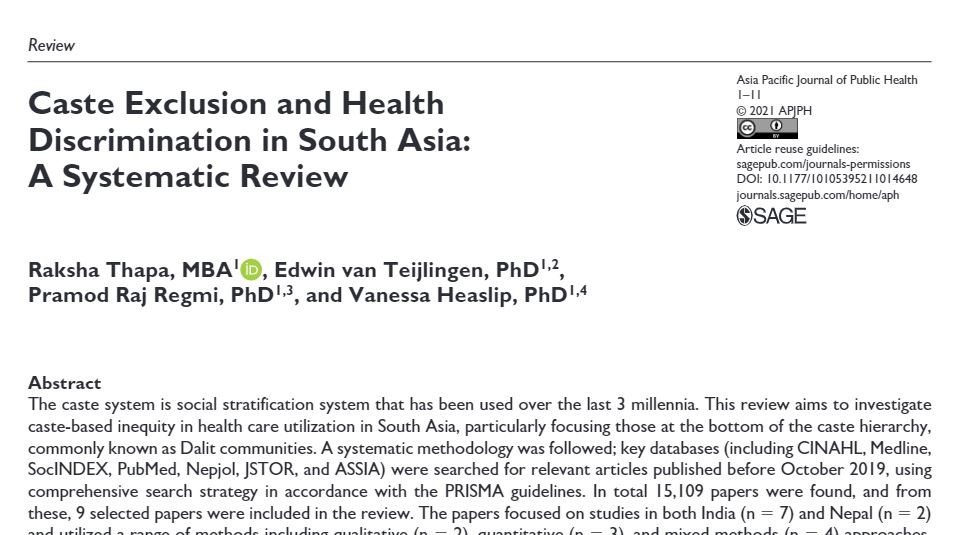
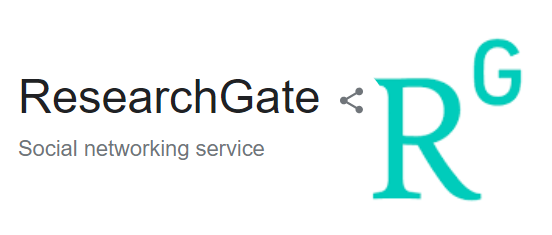
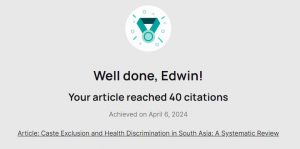











 From Sustainable Research to Sustainable Research Lives: Reflections from the SPROUT Network Event
From Sustainable Research to Sustainable Research Lives: Reflections from the SPROUT Network Event REF Code of Practice consultation is open!
REF Code of Practice consultation is open! BU Leads AI-Driven Work Package in EU Horizon SUSHEAS Project
BU Leads AI-Driven Work Package in EU Horizon SUSHEAS Project ECR Funding Open Call: Research Culture & Community Grant – Apply now
ECR Funding Open Call: Research Culture & Community Grant – Apply now ECR Funding Open Call: Research Culture & Community Grant – Application Deadline Friday 12 December
ECR Funding Open Call: Research Culture & Community Grant – Application Deadline Friday 12 December MSCA Postdoctoral Fellowships 2025 Call
MSCA Postdoctoral Fellowships 2025 Call ERC Advanced Grant 2025 Webinar
ERC Advanced Grant 2025 Webinar Update on UKRO services
Update on UKRO services European research project exploring use of ‘virtual twins’ to better manage metabolic associated fatty liver disease
European research project exploring use of ‘virtual twins’ to better manage metabolic associated fatty liver disease